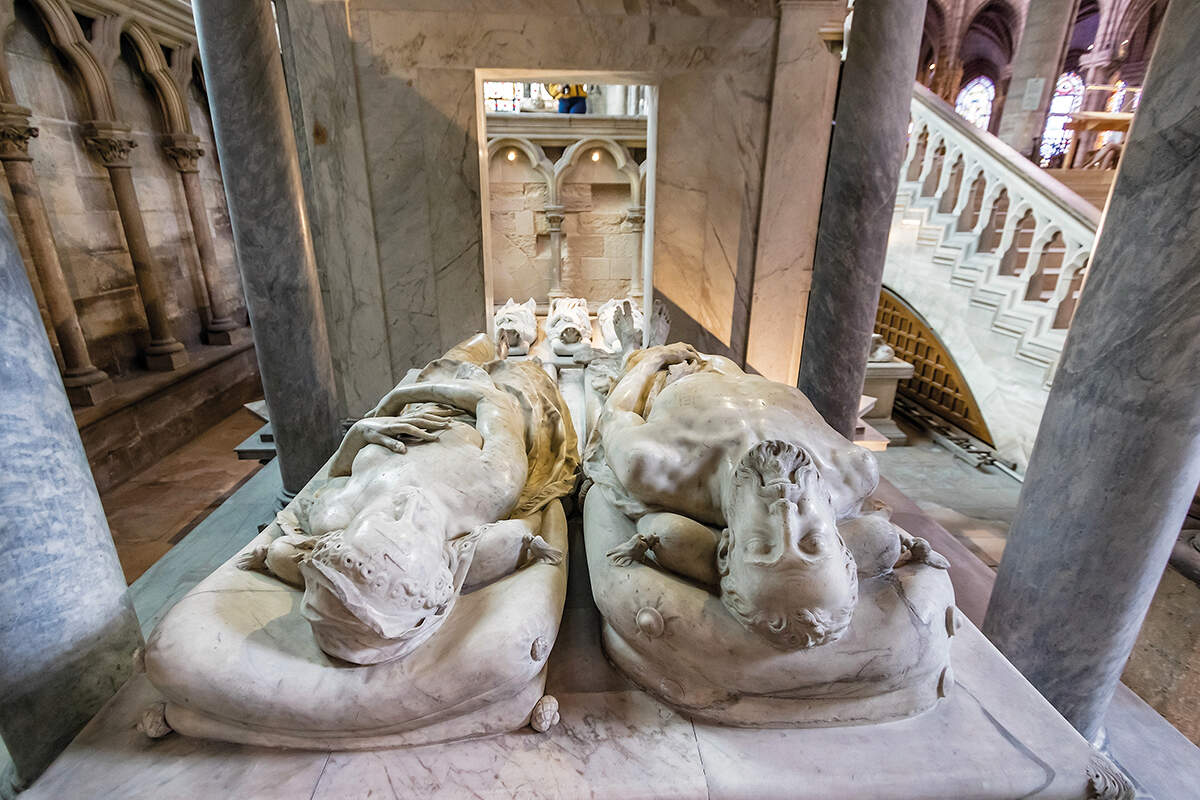
Simon Sebag Montefiore offers a rich, diverse, history of the world, told through intimate stories of some of the most famous families
Book of the month
Review by Bryony Cottam
While many of us spent lockdown learning how to bake bread, growing vegetables in our back gardens or doing some DIY, Simon Sebag Montefiore wrote a history of the world, from more than 800,000 years ago to the present day. The process, he says, ‘has given me the greatest satisfaction of my writing life,’ as well as being ‘the most daunting challenge’. It’s easy to see why. At just over 1,300 pages long, the resulting book, The World: A Family History, is enormous.
It contains, as you would expect for a history book of this size, a vast breadth of knowledge about the world, acquired from a lifetime of reading, and all told through the stories of some of the most influential families in history. Many are household names – the Caesars, Khans, Habsburgs, Medicis, Romanovs, Bonapartes, Rothschilds, Kennedys, Kims, Assads and Trumps – but many are not. We follow them through their ups and downs, loves and marriages, greed and ambition, wealth and deaths.
This focus on families brings a fresh perspective to world history, putting people front and centre; Montefiore even eschews important events in favour of more personal details and family dramas. ‘I have always wanted to write an intimate, human history like this,’ writes Montefiore. ‘Even if the span of these families is global, their dramas are intimate.’
Although these are family stories, and they share many universal themes, these are exceptional families. Some of them are happy families, but many are not. ‘In power families,’ writes Montefiore, ‘danger comes from intimacy.’ As such, they tend to have more than their fair share of drama. Fearful of being usurped, ‘Fatso’ Ptolemy VIII of Egypt, who married both his sister and his sister’s daughter, dismembered his son, sending the body parts to the boy’s mother for her birthday. Catherine de’ Medici, sometimes called the serpent queen (for her supposed cold, poisonous behaviour), orchestrated a massacre at her daughter’s wedding after condoning that same daughter’s rape by her sons. Most recently of all, Kim Jong-nam, eldest son of Kim Jong-il and North Korean heir apparent, was walking through Kuala Lumpur airport when he was assassinated with nerve agent, sprayed by a woman who believed she was taking part in a reality show prank.
It’s not all violence and incest – although there’s a lot of that. Because of its family-focused approach, The World offers a much more diverse (and less Euro-centric) version of history to the one we often read. ‘I try to tell the stories of as many of the innocents killed, enslaved or repressed as I can,’ writes Montefiore. ‘Everyone counts or no-one counts.’ He includes the kinds of people usually forgotten by historians, such as migrants, children and particularly women, who we see in their roles as mothers, sisters and wives, but also as warriors and queens.
These are women who left indelible marks on history, yet some of their names are likely unknown to many of us. Names such as Edheduanna, princess, poetess and high priestess of the holy city of Ur (in present-day Iraq), the world’s very first named author – male or female – and the first victim of sexual abuse to write about their experience. Or Puduhepa, a Hittite queen who shared equal yet independent power with her husband, King Hattusili III. Puduhepa played an important role in diplomacy between the Hittite Empire and Ancient Egypt – although documentary evidence shows she corresponded with many other kings and queens, too – and co-signed a peace treaty with Ramesses II. There’s also Lady Murasaki, the first female novelist (she wrote The Tale of Genji), and Sayyida al-Hurra, a Moroccan pirate queen.
In May 2013, a set of fossilised footprints was found on the beach at Happisburgh in Norfolk, half hidden in soft sediment and sand. At around 900,000 years old, they’re not the oldest recorded footprints, but they are the oldest footprints of a family – a male and four children, the first family Montefiore introduces. If it feels like things have gone downhill since then, Montefiore points out that while our modern-day leaders can share the same ‘buffoonish and lethal’ tendencies as historical ones, we still have reason for hope: ‘The harshness of humanity has been constantly rescued by our capacity to create and love: the family is the centre of both.’




